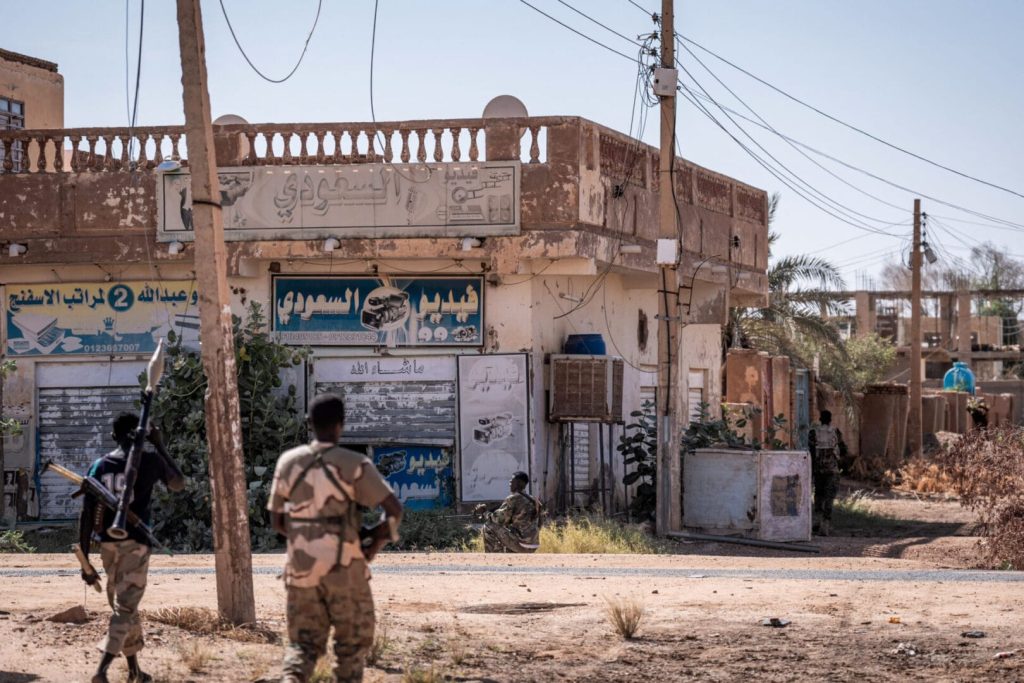For nearly two years, Emad Mouawad endured a relentless cycle of fear and suffering in Sudan’s paramilitary-run prisons, uncertain if he would survive another day. The 44-year-old Egyptian merchant was among several traders seized from their homes in Khartoum in June 2023 by the Rapid Support Forces (RSF), accused without evidence of being Egyptian spies.
Blindfolded and transported to a series of RSF-controlled prisons, Mouawad and his fellow detainees faced appalling conditions. In a makeshift prison inside a university building, they were crammed into windowless cells, some holding up to 50 prisoners, including children as young as six and elderly men in their 90s.
Food was scarce, consisting of a paste made from wheat flour and hot water, while drinking water was often polluted. Disease spread unchecked, and prisoners died daily, their bodies left to rot for days before allegedly being dumped in the desert without proper burial rites.

According to a UN report, tens of thousands of people have disappeared into prisons run by both the RSF and Sudanese army since the conflict began in April 2023. The RSF has reportedly converted schools, police stations, and homes into detention centres, where detainees face beatings, electrocution, and forced labour. The army has also been accused of torture, including severe beatings and electric shocks.
One of the most notorious RSF prisons, Soba, was estimated to hold over 6,000 detainees by mid-2024. Mohamed Shaaban, another former detainee, recalled how guards stripped prisoners naked, beat them with hoses, and subjected them to constant humiliation. “There was nothing that made you feel human,” he said.
Human Rights Watch researcher Mohamed Osman highlighted that while Sudan’s army operates within a legal framework, the RSF functions with “complete impunity,” running secret detention facilities where prisoners often disappear without a trace.
After 20 months of captivity, Mouawad, Aziz, and Shaaban were released in what they believe was a joint intelligence operation between Egypt and Sudan’s army-backed authorities. Now back in Egypt, they struggle to heal from their harrowing experience. “We have to try and forget,” Shaaban said, though the scars remain.


